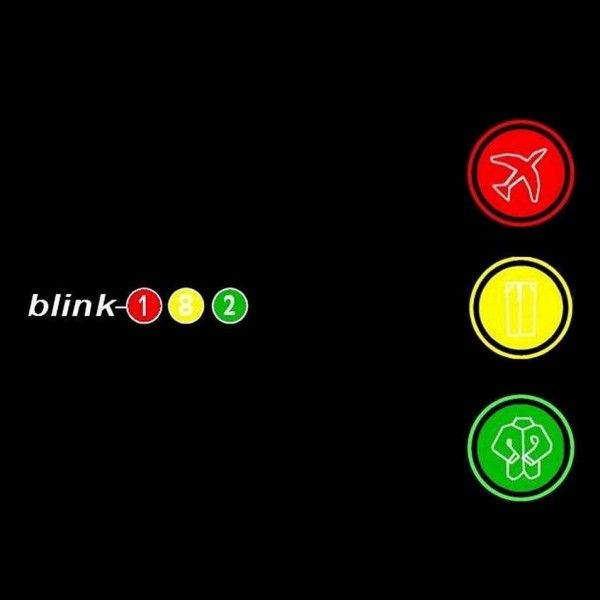
Since the quarantine started, I’ve been waking up every morning to an alarm in my head of Tom DeLonge repeating Ev. Ree. Thing. Has. Fall’n. To. Pie-ces. Ev. Ree. Thing. Has. Fall’n. To. Pie-ces. I haven’t listened to Blink-182 in years, but each day the latest news makes “Anthem Part Two” seem more and more prescient. All 2020 plans are cancelled and the future of pretty much everything is uncertain; the dread of being unable to control what’s happening around me is back with a vengeance. And it still looks and sounds like being a teenager, grounded in my room with nothing but cartoons and pop-punk to keep me company.
In 2001, I related so intensely to every song on Take Off Your Pants and Jacket that it was as if they’d made an entire album for me and no one else: just sixteen-year-old Dylan, the lanky suburban high schooler who desperately wanted a girlfriend but was too scared to talk to anyone in class, the kid who was indisputably dumb but also in the middle of learning a lot about himself. What I didn’t consider then was that they might have also been targeting an older me, one nostalgic for sixteen-year-old me. (I didn’t get the joke in the album’s title until roughly a decade after the album came out; when it clicked, out of nowhere, I said, “Ohh,” out loud to no one in particular, and smirked.)
You have reached your article limit
Sign up for a digital subscription and continue reading all new issues, plus our entire archives, for just $1.50/month.
Already a subscriber? Sign in




